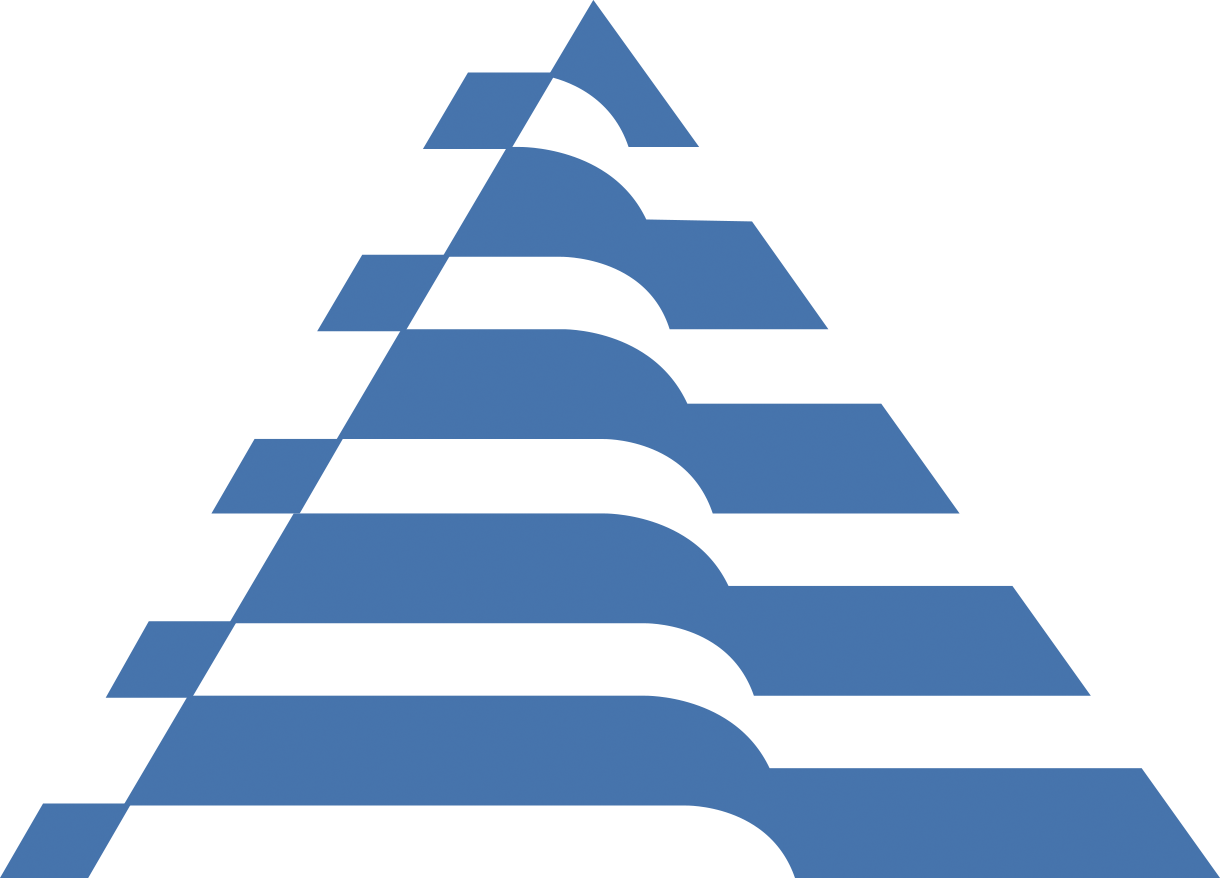"Metadata is an increasingly central tool in the current web environment, enabling large-scale, distributed management of resources. Recent years has seen a growth in interaction between previously relatively isolated metadata communities, driven by the need for cross-domain collaboration and exchange. However, metadata standards have not been able to meet the needs of interoperability between independent standardization communities. For this reason the notion of metadata harmonization, defined as interoperability of combinations of metadata specifications, has arisen as a core issue for the future of web-based metadata."[1] Resting at the heart of application profiles, metadata harmonization presents a little understood, but critical challenge in design of languages of description. DC-2011 will explore the conceptual and practical issues of design when the language solution calls for cross-fertilization from different metadata specifications.
Beyond the conference theme, DC-2011 will explore a wide range of metadata topics, such as:
- Metadata principles, guidelines, and best practices
- Metadata quality (methods, tools, and practices)
- Conceptual models and frameworks (e.g., RDF, DCAM, OAIS)
- Application profiles
- Metadata generation (methods, tools, and practices)
- Metadata interoperability across domains, languages, time, structures, and scales
- Cross-domain metadata uses (e.g., recordkeeping, preservation, curation, institutional repositories, publishing)
- Domain metadata (e.g., for corporations, cultural memory institutions, education, government, and scientific fields)
- Bibliographic standards (e.g., RDA, FRBR, subject headings) as Semantic Web vocabularies
- Accessibility metadata
- Metadata for scientific data, e-Science and grid applications
- Social tagging and user participation in building metadata
- Usage data (paradata/attention metadata)
- Knowledge Organization Systems (e.g., ontologies, taxonomies, authority files, folksonomies, and thesauri) and Simple Knowledge Organization Systems (SKOS)
- Ontology design and development
- Integration of metadata and ontologies
- Search engines and metadata
- Linked data and the Semantic Web (metadata and applications)
- Vocabulary registries and registry services
[1] Nilsson, Mikael. (2010). From Interoperability to Harmonization in Metadata Standardization: Designing an Evolvable Framework for Metadata Harmonization. Dissertation. KTH School of Computer Science and Communication. Stockholm, Sweden. http://kmr.nada.kth.se/papers/SemanticWeb/FromInteropToHarm-MikaelsThesis.pdf
![]() DCMI's work is supported, promoted and improved by « Member organizations » around the world:
DCMI's work is supported, promoted and improved by « Member organizations » around the world:
 |  |  |
 |  |  |
 |  |  |
 |  |  |
 |
![]() DCMI's annual meeting and conference addresses models, technologies and applications of metadata
DCMI's annual meeting and conference addresses models, technologies and applications of metadata


